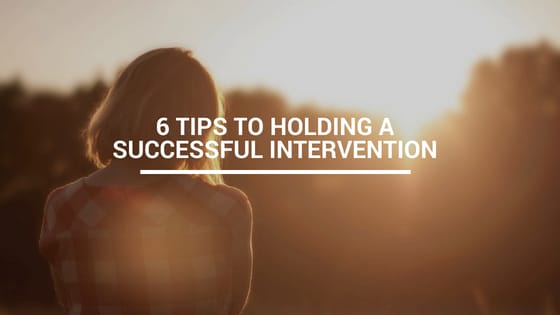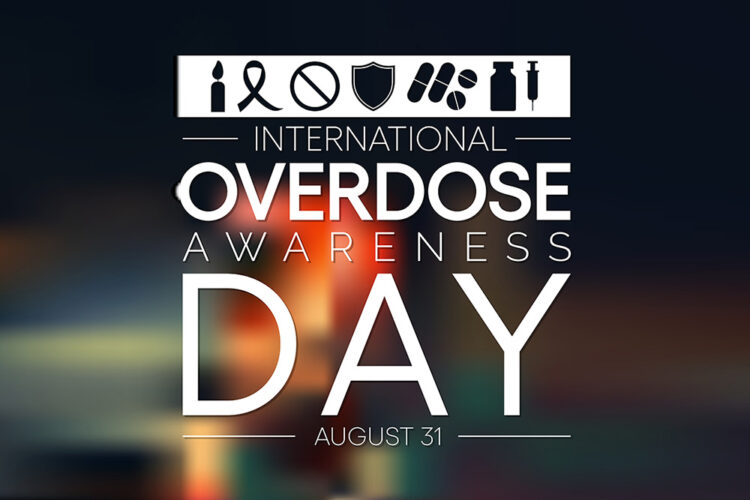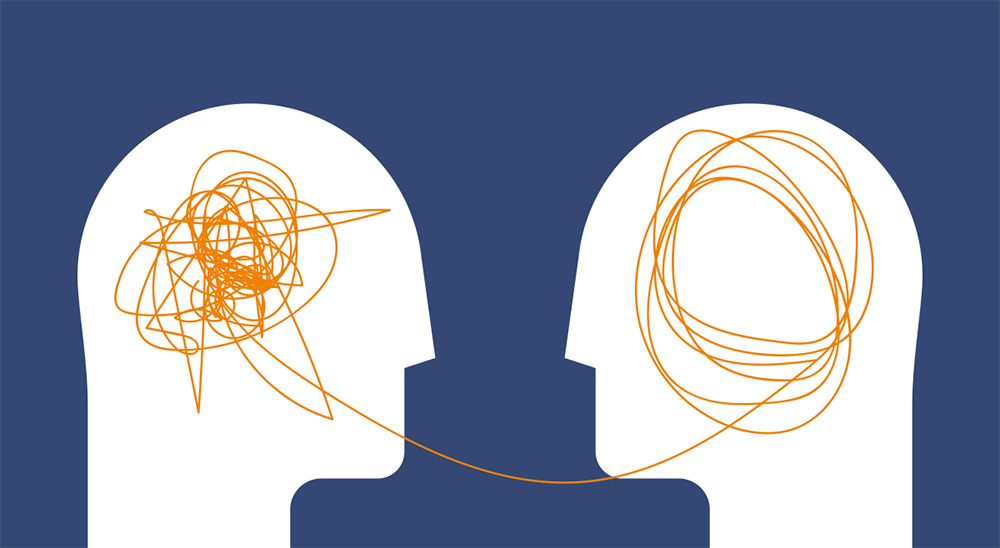
Therapy at the rehab in Ibiza
Two of the key components to treating addiction, and other psychiatric and psychological conditions, are therapy and having a safe space in which to be able to share feelings. Therapy supports people so they can unburden themselves of long-held fears, emotions, and resentments work to eliminate them and teaches coping skills to manage ongoing or reoccurring problems.
There are over 50 types of therapeutic approaches available, some will work better for specific conditions, whilst others can help with a broad range of issues. Here at the Ibiza Calm rehab centre, we offer a range of treatments and a secure and serene place to participate in them.
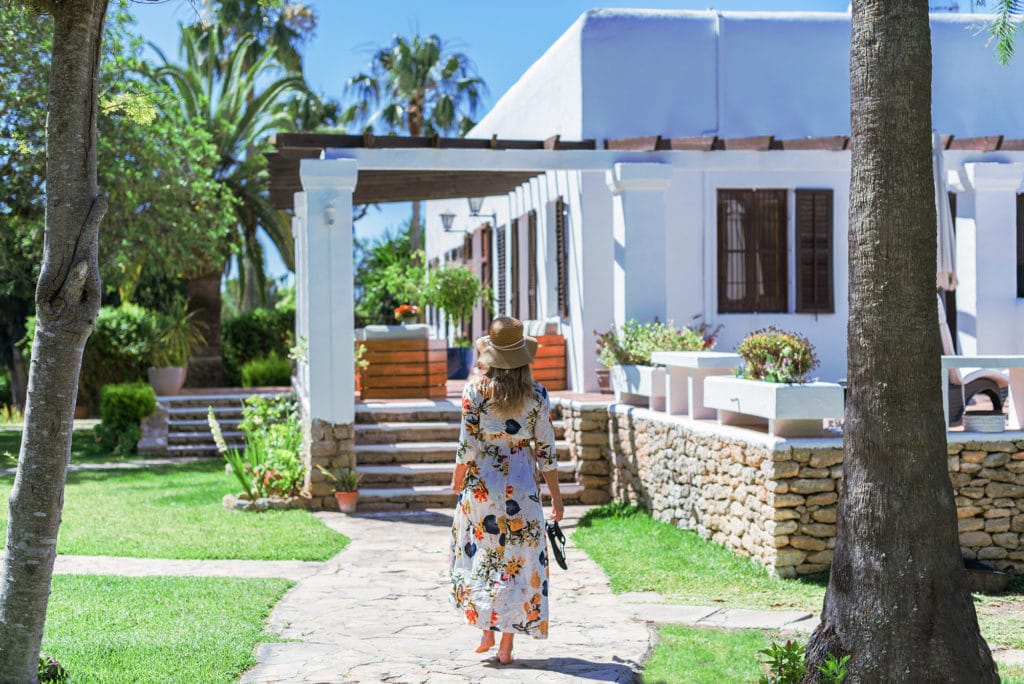
Here are just a few of our team members and some of the methodologies we use.
Ibiza Calm rehab – therapeutic team
Dr Manuel Rodriguez – Medical Director
Overseeing all treatment at the rehabilitation clinic is our Medical Director, Dr Manuel Rodriguez. Manuel trained as a physician in Malaga, completing his psychiatric residency at the José Germain Psychiatric Institute in Madrid before carrying out a rotation at the New York Psychiatric Institute.
He is qualified in several models of psychotherapy including relational psychoanalysis, strategic therapy, psychodrama and EMDR, and is highly specialised in caring for patients with addiction and other mental health disorders.
EMDR or Eye movement desensitisation and reprocessing is a form of psychotherapy that uses bilateral stimulation to help people recover from trauma or other distressing life experiences. When an individual suffers a shocking, or painful event it can make them feel emotionally paralysed, so their brain is unable to completely process the situation. This leaves the person with a disturbing memory that they can’t move on from, sometimes experiencing flashbacks or nightmares.
EMDR aims to help the brain to deal with the memory properly, so it is no longer harrowing. By asking the person to recall the event whilst engaging in a form of bilateral stimulation; moving their eyes side to side or listening to sounds in alternate ears; it seems to unstick the memory and enable the individual to process it normally.
Lluc Acero Martínez – Clinical Manager, Psychologist and Therapist
Our Clinical Manager and psychologist, Lluc Acero Martínez. Lluc got his BSc in Psychology and then a masters in drug addiction from the University of Barcelona before gaining a further degree in logotherapy and existential analysis from ALEA.
Logotherapy, which is based on the existential analysis approach to psychotherapy and was developed in the 1930s by the neurologist and psychiatrist Viktor Frankl. It is founded on the principle that the primary motivation for human beings is to find meaning in their life. When a person cannot find meaning they experience feelings such as emptiness, worthlessness, and futility. The frustration around this leads to anger, addiction, and depression.
Logotherapy is a form of counselling that focuses on finding meaning, recognising a positive life purpose, life values, and clear goals. During sessions, the therapist will guide the client towards identifying these within themselves.
Sarah Drewer – Counsellor
The rehab centre’s in-house counsellor, Sarah Drewer, has a BA (Hons) degree in Science and Society from Bristol UWE, following this she achieved a certificate in therapeutic skills and studies from the Metanoia Institute in London and is now completing a BACP accredited person-centred counselling degree.
Part of her study focuses on pluralistic practice which is a relatively new approach in the therapy field. It emerged from person-centred therapy but draws from other modalities – the practitioner or therapist will work with a range of methods and understandings to try and tailor the therapy to the individual.
Person-centred therapy, also known as client-centred counselling, is a humanistic method that focuses on how individuals knowingly perceive themselves, rather than how a counsellor interprets their unconscious thoughts and actions. It focuses on the individual’s natural self-healing process.
In person-centred therapy the client acts as an equal partner in the therapy process, the therapist remains non-directive—they don’t pass judgments on feelings or offer suggestions or solutions. Within the correct client/counsellor relationship the individual drives the therapy sessions and establishes what they want to do with their lives.
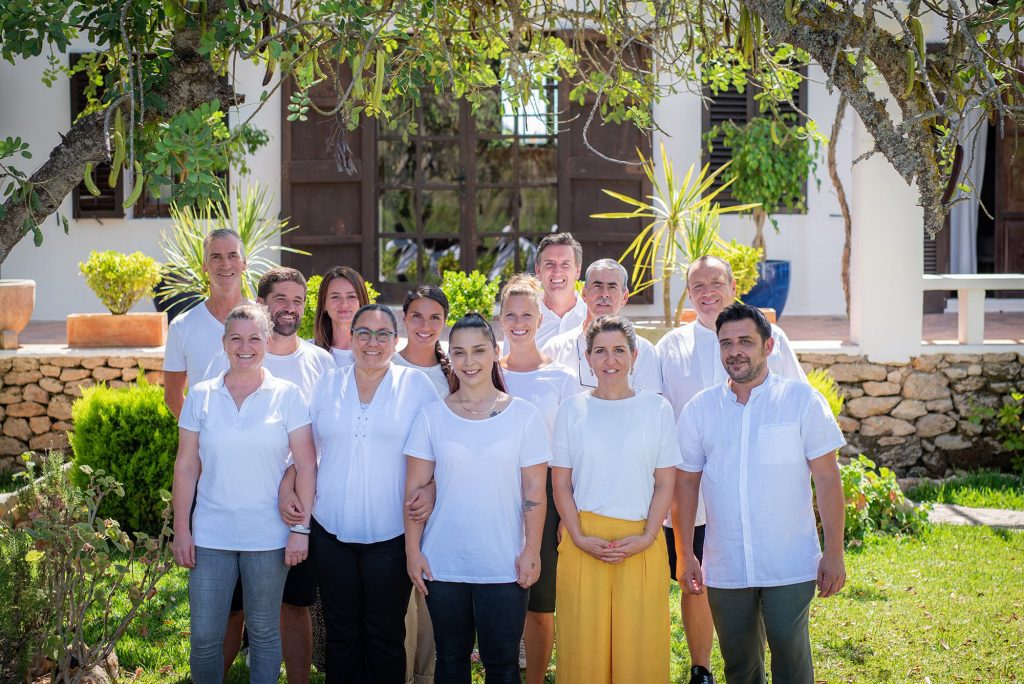
Additional therapies
The rehab also offers Transcranial magnetic stimulation (TMS) which is a non-invasive form of brain stimulation therapy that has proved effective in the treatment of neurological and mental health conditions such as depression or addiction.
TMS uses a magnetic field to deliver a short-lasting electrical pulse into the brain where it stimulates neurons (nerve cells). This has been shown to improve communication between different areas of the brain particularly in the superficial regions of the cerebral cortex.
We also use equine-facilitated therapy as a part of our broader treatment program, this is done in partnership with Kate Stillman of Ibiza Counselling. Kate is a fully qualified psychotherapist and certified equine psychotherapist.
Looking after the horses encourages growth. It helps build trust, confidence, and self-control and individuals learn about responsibility, boundaries and how to focus. At the same time, the equine psychotherapist can assess a client’s state of mind and wellbeing through their interaction with the animal and how the horse responds.

Therapy at the rehab centre
We treat a variety of mental health conditions including alcoholism, drug addiction (to illegal and prescription medicine) and process addictions (food disorders, gambling, and co-dependency). Our programs are also suitable for people suffering from anxiety, depression, bipolar and burnout.
We have a team of highly qualified international staff, delivering carefully designed programs in both English and Spanish. Our programs are a blend of counselling, group psychotherapy, mindfulness, and complementary practices, such as yoga and meditation.
For further information regarding any of our programs, and details on admissions, please contact [email protected]
Share this information, choose your platform!
Dealing with grief in addiction recovery
Grief and addiction are interlinked, one often having an impact on the other. Grief and trauma are two of the most common root causes of addiction with many individuals turning to the use of alcohol, drugs, or compulsive behaviours as …
Mental health and drug use in elite level sports
Tokyo 2020 has dominated news cycles worldwide for the last two weeks. On display the amazing talent, fortitude, and strength of athletes of all ages vying to be the best in the world. There have been outstanding performances, personal bests, …
6 Tips to holding a successful intervention
Is it time for an intervention? The classic cliché I’m sure you’ve heard many times ‘the first step on the road to recovery is admitting that there is a problem’. As you’d imagine this admission could bring up a lot …
International Overdose Awareness Day
August 31st is International Overdose Awareness Day. A global event that is held annually with the aim of raising understanding around overdoses, reducing the stigma of drug-related deaths, and acknowledging the grief felt by those left behind. The campaign spreads …








